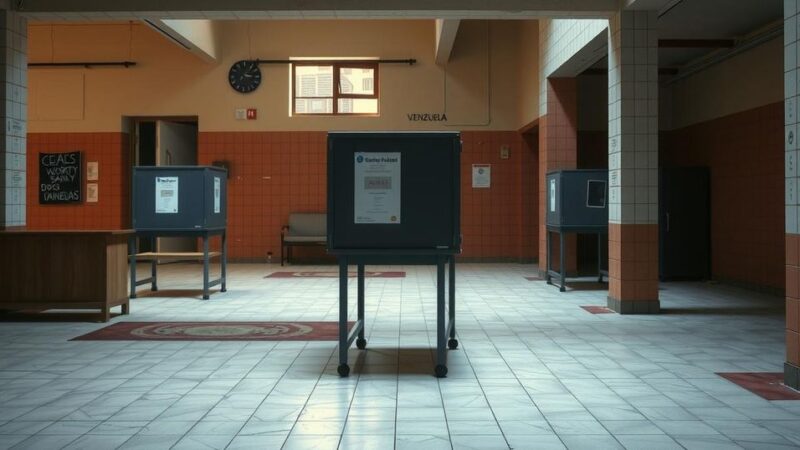Portugal holds elections this Sunday amidst fears of continued political instability. Prime Minister Luis Montenegro’s Democratic Alliance struggles for a majority, while the centre-left Socialist Party remains behind in polls. Concerns about low voter turnout and the influence of the far-right Chega party complicate the landscape further.
As Portugal prepares for the polls, citizens are facing a repeat of their political uncertainty. This Sunday, millions are expected to cast their votes in a general election that marks the third in as many years. Many observers fear the outcome will not provide the country with a stable government. Prime Minister Luis Montenegro, who leads the centre-right Democratic Alliance, has been at the forefront, yet indications suggest he may fall short of securing a majority.
The call for this election came just a year into Montenegro’s term, sparked by a confidence vote in parliament that he himself instigated. This action came after the opposition raised concerns regarding the integrity of his family’s consultancy firm. Montenegro has steadfastly denied any wrongdoing, and public opinion polls indicate that voters largely dismiss these criticisms from the opposition.
Voters will head to polling stations open from 8 a.m. to 7 p.m. local time. Anticipation surrounds the exit polls, expected to emerge at 8 p.m., which could provide early insights into how successful the Democratic Alliance might be. The election process comes amidst pressing issues like housing and immigration, against a backdrop of a decade fraught with fragile governance. Only one of these governments managed to establish a parliamentary majority, which ultimately collapsed halfway through its term just last year.
Currently, polling suggests that Montenegro’s Democratic Alliance (AD) is set to gather the most votes, likely achieving a modest increase in seats compared to the previous election. Yet, again, a significant majority appears unlikely.
Diogo Lima, a 26-year-old bank worker, expressed frustration, stating, “We can’t have elections every year,” advocating for the AD to govern even if it does not secure a decisive win. Meanwhile, the AD’s main rival, the centre-left Socialist Party (PS), is projected to receive around 26%, trailing behind the AD’s anticipated 32% in a ‘poll of polls’ by Radio Renascenca.
Political analyst Antonio Costa Pinto weighed in, indicating that the new parliament will likely resemble the last, making it challenging to predict the longevity of the next government. He mentioned, “The only doubt is whether the AD will form a new minority government… or whether it will form a post-electoral coalition with IL, even if this coalition does not guarantee an absolute majority.” IL, the pro-business Liberal Initiative, stands fourth in the polls. These two parties have overlapping ideals, yet analysts suggest their combined support may not yield a majority.
Historically, voter turnout in Portugal has been low, and experts worry it may dip even further this year due to what many are calling election fatigue. Additionally, the far-right Chega party is projected to secure around 18%, consistent with last year’s results. However, health issues for Chega’s prominent leader, Andre Ventura, could affect their performance. After multiple hospital visits due to an esophageal spasm, Ventura made an unexpected appearance at the party’s last campaign event, leaving many speculating about its impact on the vote.
In summary, Portugal’s upcoming election presents a situation marked by uncertainty and potential instability. As the centre-right Democratic Alliance appears least likely to secure a majority, the lack of a stable government looms. Voter fatigue may depress turnout, while each party’s positioning suggests a continuation of fragile governance. The emergence of new coalitions or minority governments could further complicate the political landscape in the months to come.
Original Source: www.tradingview.com






